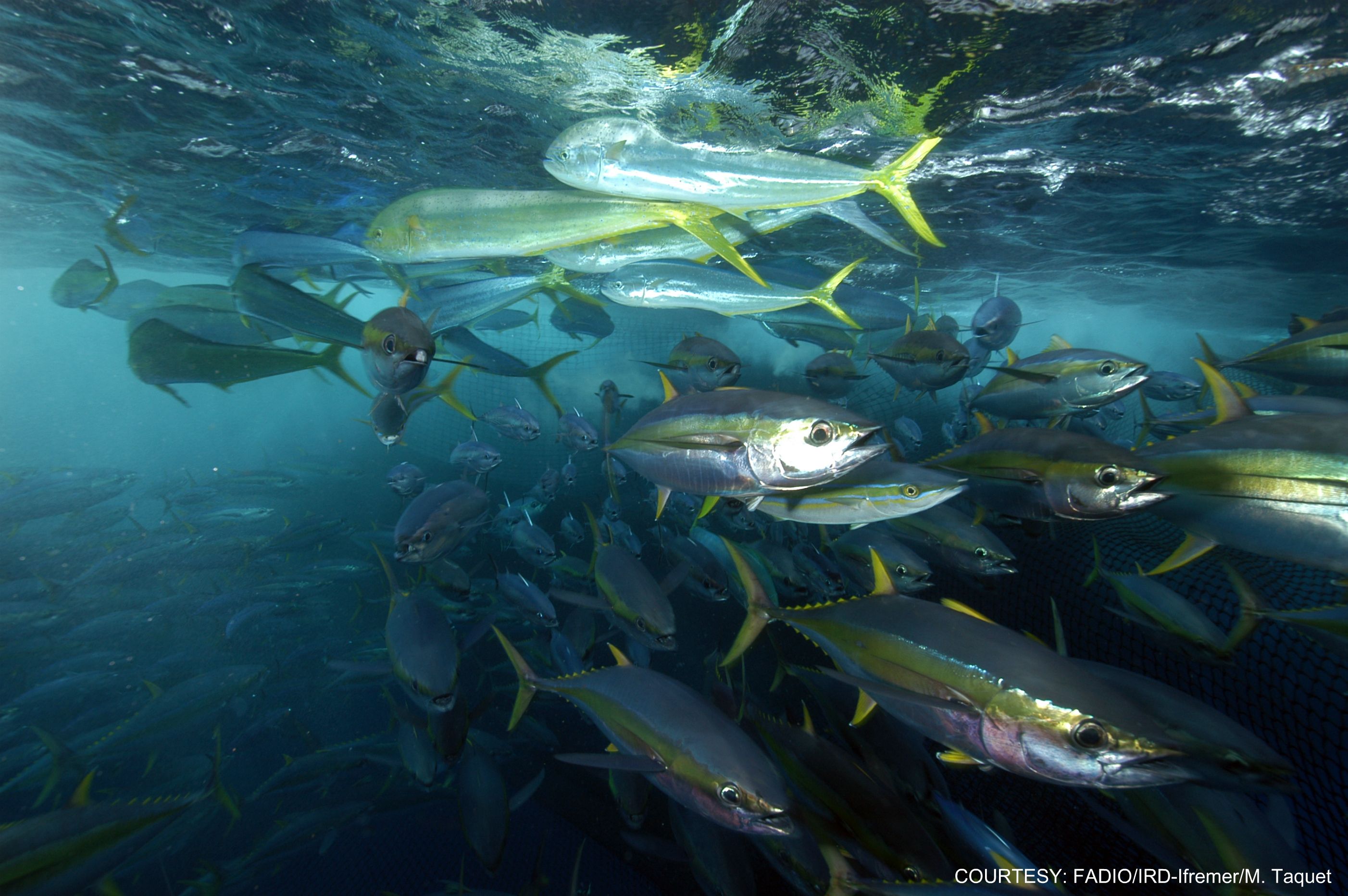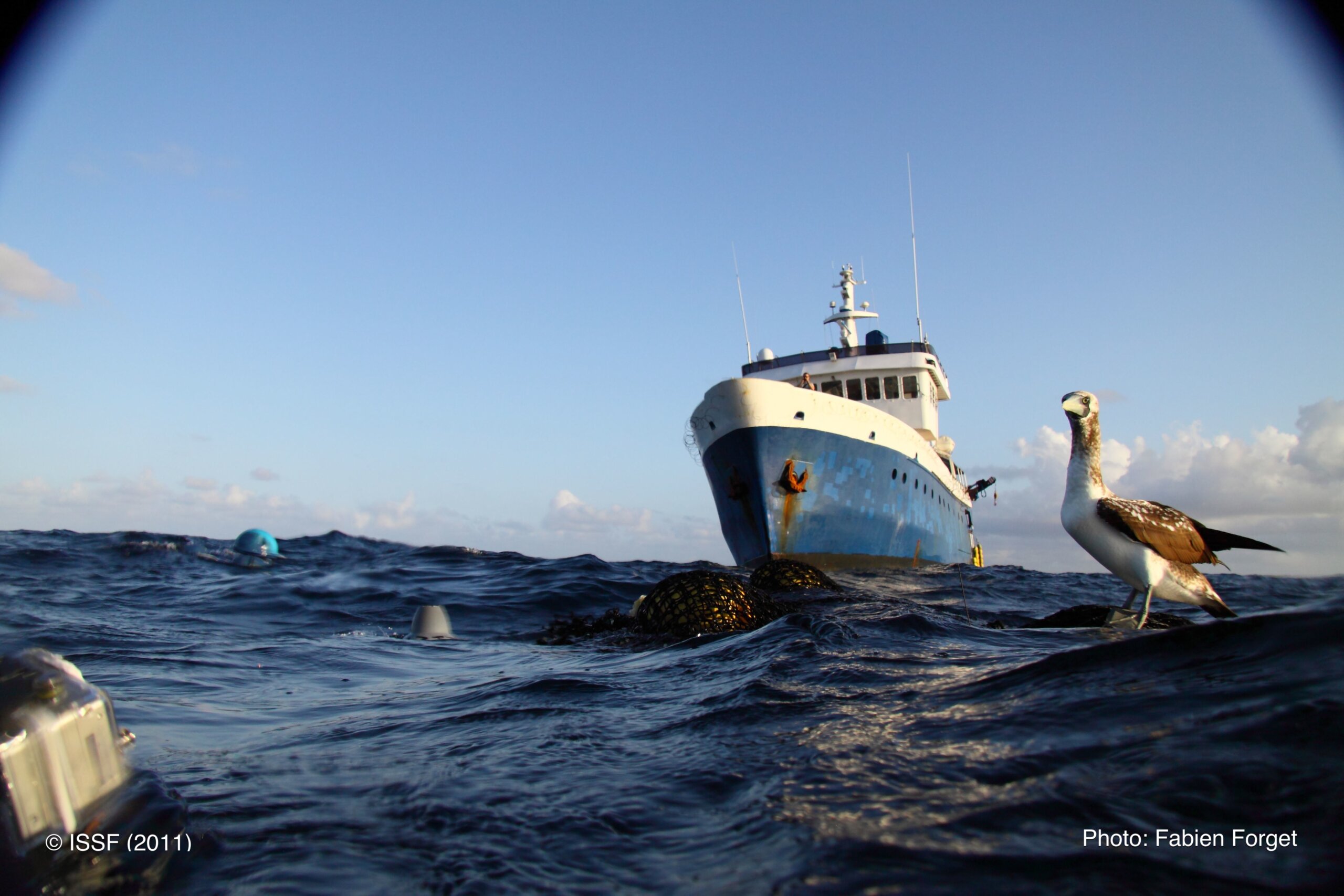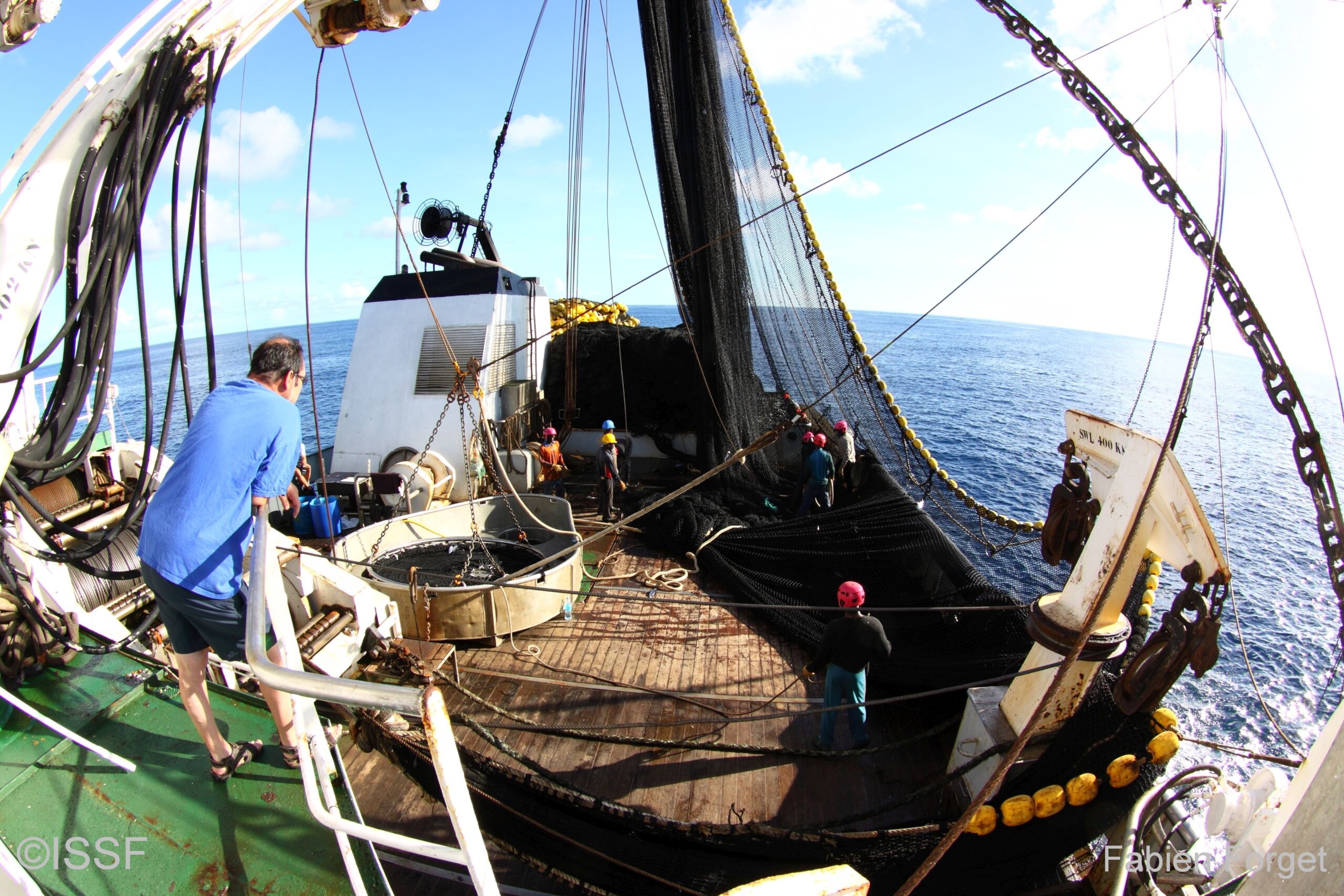
ISSF Position Statement Outlines Top Asks for Indian Ocean Tuna Commission, Including More Robust Rebuilding Plan for Yellowfin Tuna
The International Seafood Sustainability Foundation (ISSF) published its position statement in advance of the 24th Session of the Indian Ocean Tuna Commission (IOTC), which will take place virtually November 2-6.
The impacts of COVID-19 have challenged regional fisheries management organizations (RFMOs) in conducting their meetings in 2020. IOTC cancelled its in-person annual Commission and Working Party meetings, which are now taking place online.
ISSF's position statement details the #sustainable #tuna #fishing issues we are urging #IOTC to discuss at its virtual annual meeting in November. Share on XEven under these historically unique, pandemic-caused circumstances, ISSF believes IOTC must press forward on collaborative discussions and take decisions to ensure the uninterrupted, sustainable management of tuna stocks and marine ecosystems under its purview. Several critical measures and issues that require immediate attention and action by IOTC this year into 2021 are detailed in ISSF’s statement.
As in 2019, given the serious risk of further declines in the status of the stock, ISSF’s highest priority for IOTC is that it adopt this year an effective rebuilding plan for yellowfin tuna aligned with recommendations from IOTC’s own Scientific Committee. If implemented effectively, this would imply a 15%-20% reduction from the 2017 yellowfin catch levels. The interim-rebuilding plan adopted last year in Resolution 19/01 did not fully incorporate the Committee’s yellowfin advice, and it allowed for growth in some fishery sectors. In addition, reported over-catches in contravention of the Resolution is further eroding its effectiveness.
“Yellowfin stock status in Indian Ocean fisheries remains a clear concern,” said ISSF President Susan Jackson. “To rebuild the stock, IOTC must adopt a measure in 2020 that fully incorporates the recommendations of its own Scientific Committee, ensures all gears and fleets harvesting yellowfin are included, and addresses non-compliance with the interim rebuilding plan. For fisheries management, COVID-19 presents many obstacles, but the Commission is responsible for this critical resource and should take immediate action to conserve it.”
ISSF’s other top “asks” of IOTC for its upcoming meeting agenda are:
- Urgently monitor and manage catches of skipjack to ensure catches in 2020/2021 do not exceed the limit set by the adopted Harvest Control Rule in Resolution 16/02
- Conduct management strategy evaluation (MSE) for albacore, bigeye, skipjack and yellowfin tuna stocks, and adopt species-specific management procedures, particularly for yellowfin
- Request the Scientific Committee provide science-based limits on FAD deployments and/or FAD sets; develop recommendations in 2021 and adopt, by 2022, FAD marking guidelines, including the requirement to mark both the buoy and the FAD structure
- Develop and adopt minimum standards for electronic monitoring systems (EMS) and an e-reporting information system both for logbooks and observers for all gears in 2021 so that large-scale purse seine vessels — and all vessels engaged in at-sea transshipment, regardless of gear type — are required to have 100% observer coverage within five years
Read the full IOTC Position Statement on the ISSF website.
ISSF Global Priorities for Tuna RFMOs
ISSF is committed to advocating for science-based approaches, policies and conservation measures to advance tuna fisheries sustainability. Here are ISSF’s Global Priorities for four Tuna RFMOs — the Indian Ocean Tuna Commission (IOTC), the Inter-American Tropical Tuna Commission (IATTC), the International Commission for the Conservation of Atlantic Tunas (ICCAT) and the Western and Central Pacific Fisheries Commission (WCPFC):
- Implementation of rigorous management procedures, including harvest control rules and reference points
- Effective management of fleet capacity, including developing mechanisms that support developing coastal state engagement in the fishery
- Science-based FAD management & non-entangling and biodegradable FAD designs
- Increased member compliance with all adopted measures, and greater transparency of processes reviewing member compliance with measures
- Strengthened monitoring, control, and surveillance (MCS) measures and increased observer coverage, including through modern technologies such as electronic monitoring and e-reporting
- Adoption of best-practice bycatch mitigation and shark conservation and management measures


